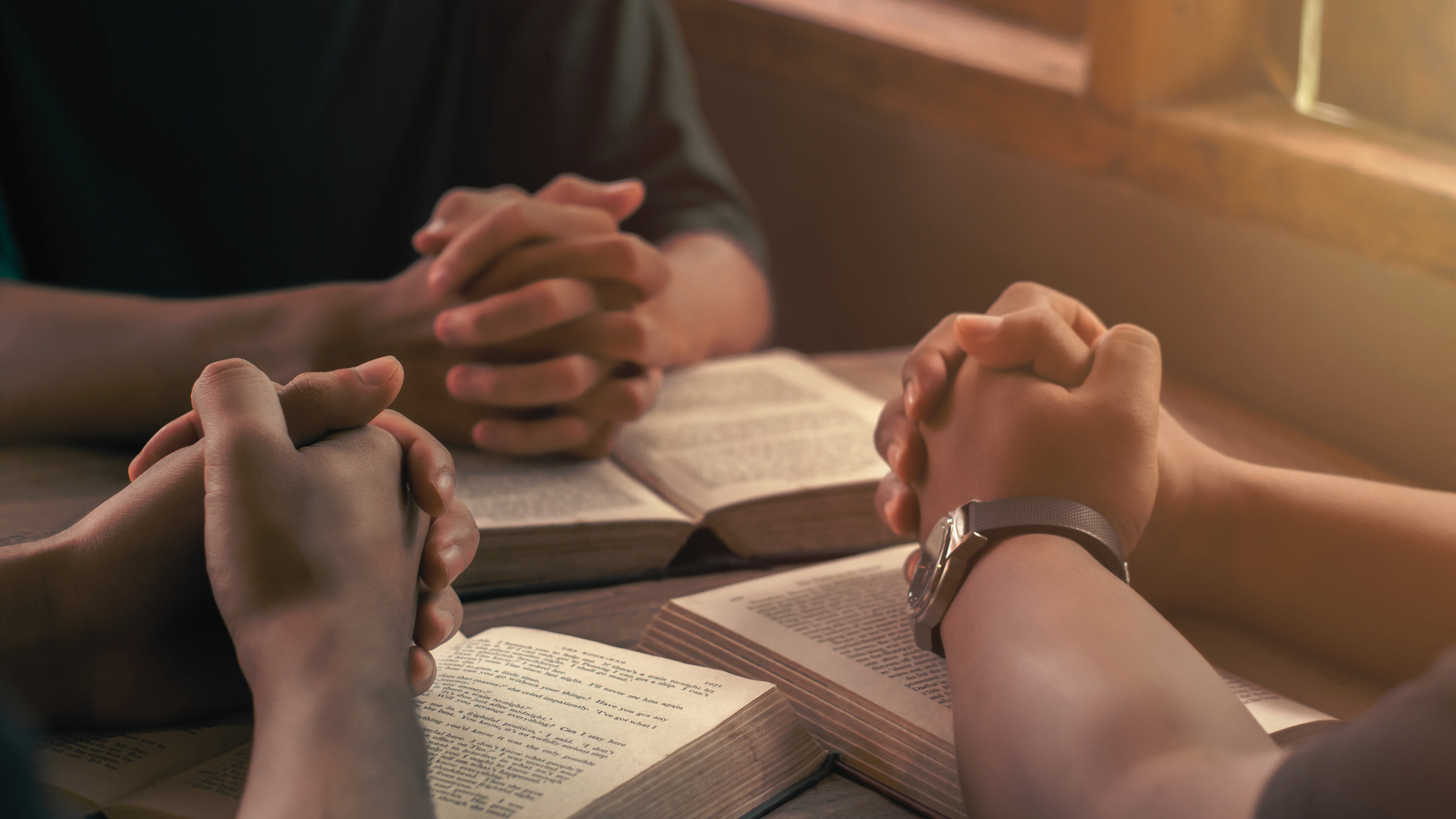“And one will say to him, ‘What are these wounds in thine hands?’ Then he will say, ‘Those with which I was wounded in the house of my friends’” (Zechariah 13:6).
I was guest speaker at a men’s meeting held 70 miles away from the host church at a retreat center owned and run by the Baptists of that part of the state. My drive there required 115 miles–up the interstate, onto the U.S. highway, followed by a state road, county road, and finally something resembling a squirrel trail.
That night, as we left the large room where we had held our evening session, I asked a leader, “Will someone lock up?” Our materials still lay on the tables.
He said, “This place is so remote that thieves would never find it if they were trying.” We laughed.
He was right, except for one thing.
Sometimes, the thieves are among us. We bring them in with us.
Administrators of religious retreats say their biggest threat is not from thieves or burglars who come onto their property and break in. Their guests give them all the trouble they can handle.
Even church people can be thieves.
Judas was a disciple and a thief.
A young mother told me she had started teaching her four-year-old son to protect himself from molesters. She talked to him about inappropriate touching and prepped him on how to report such behavior to mommy and daddy.
The child said, “Mom, if a bad guy tries to do something bad to me, I will tell him about Jesus.”
I said to her, “It is true he has to watch out for bad guys. But in my experience, the biggest threat to your son will come from people he knows and trusts. Uncles, cousins, best friends, ministers, teachers. Even dads and grandpas.”
I know fathers who are in prison at this moment for molesting their own children.
The child’s biggest enemy may turn out to be someone he/she trusted the most.
It’s a sad and terrible world we live in.
The Apostle Paul warned church leaders from Ephesus to be on guard for intruders. “Savage wolves will come in among you, not sparing the flock.”
And, there was a second group they had to watch out for. “From among your own selves men will arise, speaking perverse things, to draw away the disciples after them” (Acts 20:29-30).
Watch out for the bad guys; keep your eye on the ones in your own fellowship.
Glenda ran the office for their Baptist association. When instructing new office workers on dealing with people from their churches, Glenda would caution them not to be surprised by the unChristian behavior they encountered. She said, “You are about to see the worst side of the best people.”
Let us take this to heart and prepare our people….
1) We must be alert.
Parents and guardians of children, protectors of retreat facilities, and custodians of church campuses must always be on the alert. Trouble can come from any direction.
Don’t let it blind-side you. Do not be naive or too trusting.
Children’s and infants’ departments have half-doors and multiple workers for a reason. Redundancy is a good thing.
Church leaders should always be checking and double-checking safety procedures to make sure they are being followed and not circumvented or short-cut.
2) We must listen.
Mothers and fathers must always stay close to their children and be observant, hearing what they say and how they say it, picking up on changes in behavior, etc. Likewise, Sunday School teachers and children/youth workers must pay close attention to these things also. Let us always be a child’s best friend and guardian.
It was a schoolteacher who alerted one of our ministers to the abuse taking place in the home of a family in our church. He told me, we called the police, and working with the child welfare people, we made a lasting difference for one family.
3) This must matter to us.
A loving and responsible parent/guardian will make the welfare of the child the highest priority in his life. We’ve all heard stories of parents or grandparents dismissing a child’s cries that they were being hurt with “You know how kids are.”
To take a child’s cries seriously does not mean we indict or charge anyone carelessly. It means we go into action immediately, however, in case something is going on.
4) Pastors and other leaders must protect the entire congregation.
Responsible church leaders will likewise not be taken off-guard, but will protect the Lord’s congregation from threats inside and out.
In my last pastorate, I received a letter from a medical doctor new to our community informing me that his family had visited us the previous Sunday but would not be back. “There was no security in the preschool/infant area,” he said. “Anyone could have picked up our child and walked right out.” Taking this seriously, that very day we held a quick meeting of everyone involved and put into place some immediate plans to safeguard the children. Then, we went to a numbering system and gave pagers to parents so they could be summoned during a worship service. That family appreciated this and joined our church.
5) It’s all about wisdom and courage, compassion and responsibility.
Compassion cares for the smallest among us. Wisdom pays attention and acts carefully. Courage moves with righteous fervor when a child or the church is threatened. Responsibility refuses to blame others or wait for them to act, but moves immediately to do the right thing.
We in the church must never assume the worse of anyone nor turn a blind eye to the possibility of evil in the best among us. Just as each of us has the potential to be Christlike and do God-like things, in the same way each one is capable of the worst of things.
I grieve to this day–a full 20 years later–over a video I saw of a highly respected pastor being escorted to his car in shackles. The man was crying and saying over and over, “I’m so sorry. I’m so sorry.” It came to light he had been molesting young girls in his church. I barely knew the man, but was brokenhearted for him and all who had trusted him.
Be wise as serpents; be harmless as doves. That’s Matthew 10:16 and it says it all.







